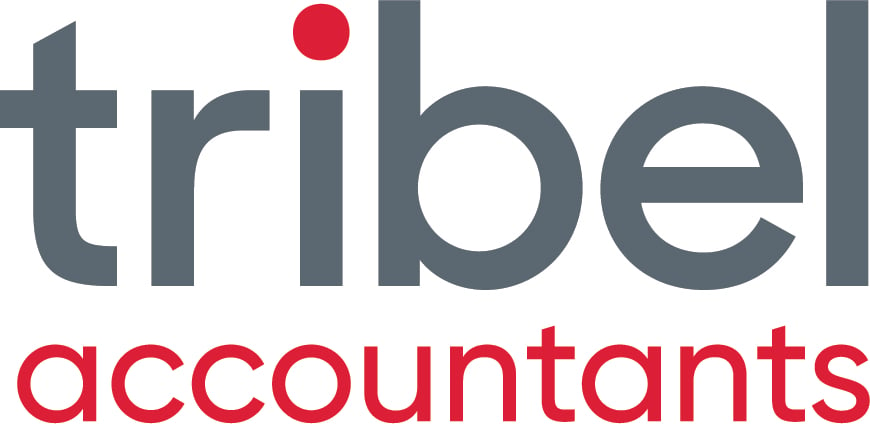INTRODUCTION:
You've gone in to see your accountant to discuss last year's figures and they explain the result and the amount of tax you have to pay. They might even show you why this year was better or worse and mention in passing that you might need to work on a couple of areas such as sales, margins and cash flow.
Which ones should you focus on then?
Here are some tips.

Figure 1: Time is of the essence! Act now to get better results quickly. Small business accountants Sydney & Dubbo
1: Analyse The Results In Detail
It's important to note that you should never walk away from your small business accountant or business advisor with just a tax result. If the information is not forthcoming then you may have to ask more questions.
For me understanding why your cash balance may be good or bad is the very first starting point. So where did the cash go? If cash flow is tight or if it could be even better, there will always be a number of reasons including:
- Debtors taking to long to pay (debtor days are over your trading terms);
- Inventory on hand is not moving as quickly as you would like (inventory days are getting out);
- Supplier days are getting below terms or suppliers are asking to be paid sooner (supplier days);
- Profits are falling;
- Overheads and margins are heading the wrong way.
- Too much debt.
2: Perform What-Ifs
When deciding what is holding back business performance, start with the most critical. If it's cash flow then naturally you will want to spend the most amount of your time making improvements in that area. Your small business accountant should be able to give many options and go through these with you.
This is where 3 way budgets can be very powerful tools to decide what improvements can look like. For some areas you will see that you can make a dramatic difference whereas in others it will be the "one percenters".
3: Establish a Plan
Small business accountants and business advisors should be able to give you an idea about what is achievable although to make the numbers happen in accordance with profit and loss and balance sheet and cash flow forecasts, you must have clear direction.
It's here you will then have an action plan with what, who and when by. This is typical of any business planning process.

Figure 2: Put your plans down and then start working on them until you end up with the desired result you want to aim for.
4: Keep Numbers Up To Date
You should ensure that you are receiving timely and accurate numbers from your accounting system. If you aren't doing this now, and don't correct this, no planning will really make all that much difference. This is because you will need to adapt as you go when you receive new information about your business performance. Subtle changes here and there can make huge improvements.
5: Monitor, Monitor, Monitor!
Again there is not much point if you don't sit down and monitor the results closely. This could mean monthly or quarterly meetings with your advisors but depending on the size of the task I would recommend monthly for starters.
CONCLUSION:
If there are many things that need to be done to get your business on track, do not stress but see this as a wonderful opportunity to make things right. Receive guidance on what you need to prioritise to get the 'quick wins' and then once you have mastered these, work away at the little ones over a period of time and fine tune.
Sometimes a business has heaps of potential but it could just be the singer not the song.
Which is it for your business?


.png?width=100&height=100&name=COVID_Safe_Badge_Digital%20(002).png)




